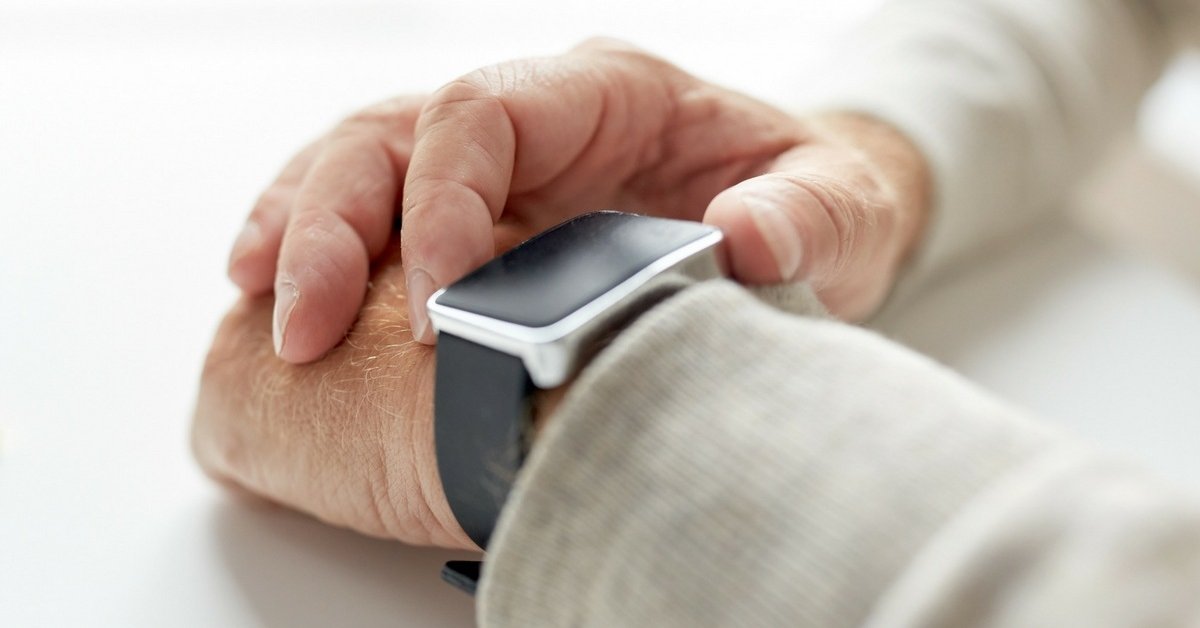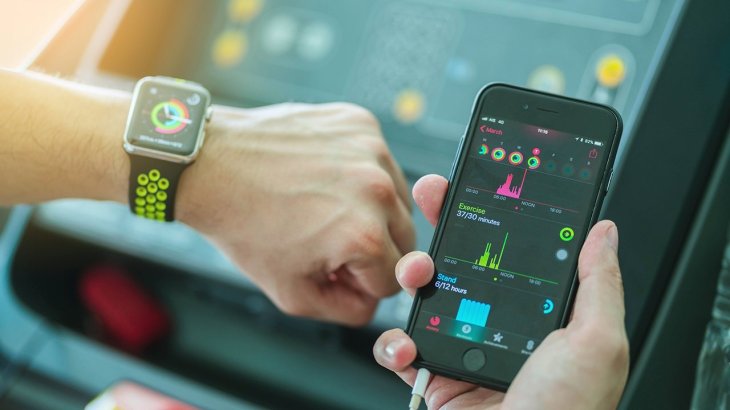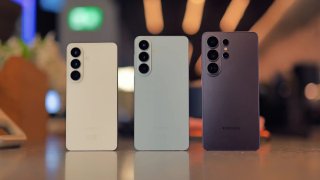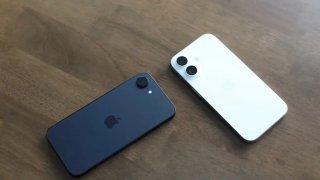Smart Devices From Apple May Detect Alzheimer Sooner
Viswamitra Jayavant - Aug 27, 2019

Alzheimer is a horrific disease, and even more so when it's difficult to detect its presence in the early stages. Smart devices can help with that.
Neurodegenerative diseases such as Alzheimer or Parkinson are some of the worst forms of diseases in the world that instead of making a person simply frail, it slowly erased his/her identity. Unfortunately, they are still without cures and doctors are still struggling to understand their mechanism of operation. Worse still, at the earliest stages, it is extremely difficult to diagnose and most of the early symptoms are commonly dismissed as simply “aging” until it reached severity that is irreversible.

But with the help of smart devices and the proliferation of health apps like today, it could provide a much-needed monitor for the average person to spot the symptoms of dementia from the get-go instead of letting it fester.
Mild Cognitive Impairment
A study was orchestrated by Evidation Health commissioned by Eli Lilly and Apple onto the feasibility of using smart health tracking devices and specialized apps to differentiate those with mild cognitive impairment (MCI) with those having full-fledged Alzheimer. MCI is the pre-dementia stage of AD that still keep the patient in a high functioning, capable of getting the patient through most daily activity and life without a lot of complications. This is the primary danger of AD: On its first stage, there are so many subtleties and tiny symptoms that most people wouldn’t even suspect until it’s too late.
In only 12 weeks of conducting the study, the research project has already gathered a staggering 16 terabytes of data from 113 participants, all of them have age between 60 and 75. In this sample set, 31 have MCI and 82 are without MCI. The participants are asked to graft Apple’s consumer techs into their daily lives and regularly use them: An Apple’s iPhone side by side to the Apple Watch, an iPad with Smart Keyboard, with the Beddit Sleep Monitor (Also an accessory sold by Apple).
'Lulling'
What the researchers were hoping to see is the lulling effects of the disease via some very specific set of behaviors such as a lower reading speed or typing pattern, dragging one shape into another or tapping onto a circle. Aside from that, the sleeping and mood patterns were also put through rigorous studies along with motor control through surveys.

The results were completely expected for symptomatic patients and in-line with known symptoms and effects of MCI, including a lower typing speed, routine behaviors are reduced in respect to the approximate time that they first pick up and lastly put down the phone on a day to day basis. Symptomatic patients were also observed to send a fewer number of texts and spend a greater amount of time in utility, ‘helper apps' including the clock app and Siri recommendations. It was not only reflected in the typing speed alone, but they’re also less likely to fill out the survey forms.
A Substantial, Practical Study
The study was substantial considering the data was actually collected from people’s daily lives instead of in a controlled environment. But aside from providing us with a better understanding of the disease and its victims, the study is definitely going to be foundational in creating a new approach to the disease, as well as providing better diagnostic and treatment tools for those who suffer from dementia.
Featured Stories

Features - Jan 29, 2026
Permanently Deleting Your Instagram Account: A Complete Step-by-Step Tutorial

Features - Jul 01, 2025
What Are The Fastest Passenger Vehicles Ever Created?

Features - Jun 25, 2025
Japan Hydrogen Breakthrough: Scientists Crack the Clean Energy Code with...

ICT News - Jun 25, 2025
AI Intimidation Tactics: CEOs Turn Flawed Technology Into Employee Fear Machine

Review - Jun 25, 2025
Windows 11 Problems: Is Microsoft's "Best" OS Actually Getting Worse?

Features - Jun 22, 2025
Telegram Founder Pavel Durov Plans to Split $14 Billion Fortune Among 106 Children

ICT News - Jun 22, 2025
Neuralink Telepathy Chip Enables Quadriplegic Rob Greiner to Control Games with...

Features - Jun 21, 2025
This Over $100 Bottle Has Nothing But Fresh Air Inside

Features - Jun 18, 2025
Best Mobile VPN Apps for Gaming 2025: Complete Guide

Features - Jun 18, 2025
A Math Formula Tells Us How Long Everything Will Live
Read more

ICT News- Mar 01, 2026
Samsung Links Galaxy S26 Price Hikes to AI Memory Supply Issues
This development highlights the broader challenges faced by the tech industry as it integrates artificial intelligence into everyday consumer electronics.

ICT News- Mar 02, 2026
IDC Report Predicts Surging Smartphone Prices Due to Global RAM Shortage
This development underscores the broader ripple effects of the AI boom on everyday technology, highlighting the interconnected nature of global semiconductor supply chains.

ICT News- Feb 28, 2026
Anthropic Blacklisted by US Department of War: Trump Orders Federal Ban Over AI Safeguards Dispute
The story is developing. Federal agencies have been instructed to begin transition planning immediately.
Comments
Sort by Newest | Popular